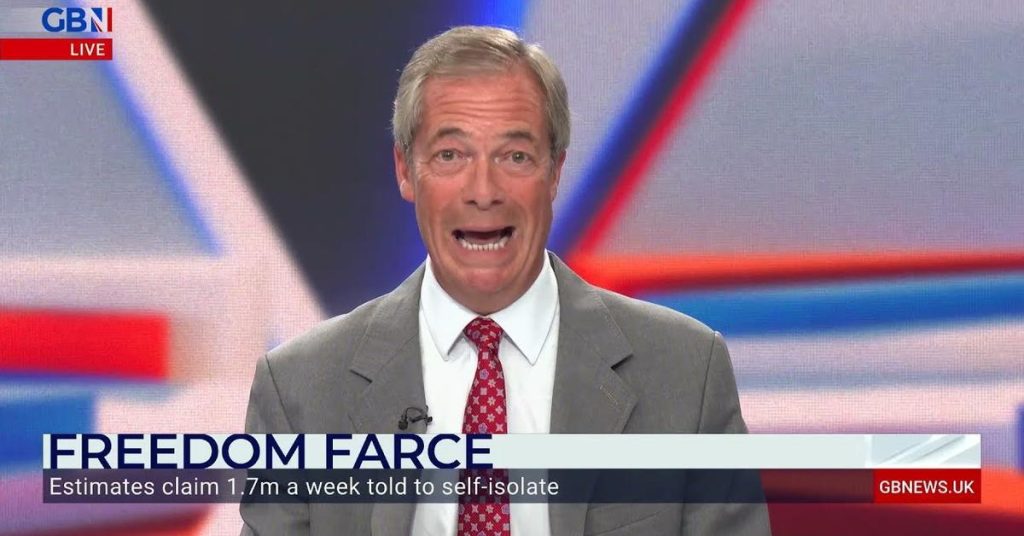Listen to the article
The European Commission is set to establish a new center aimed at defending democracies against foreign disinformation campaigns, particularly those originating from Russia and China. While this initiative addresses legitimate concerns about external threats, it risks diverting attention from a more significant problem festering within the European Union itself: domestic information manipulation.
The focus on foreign actors, while necessary, creates a convenient external enemy that allows European politicians to sidestep addressing the internal sources of disinformation. Without minimizing the strategic efforts of nations like China and Russia to advance their geopolitical interests, it’s worth noting that the concerning shift toward neo-authoritarian and xenophobic positions across Europe stems largely from pseudo-media organizations deeply embedded within established democratic societies.
A recent example highlighted by The Guardian illustrates this problem. Far-right television channel GB News regularly broadcasts scientifically unfounded claims without facing intervention from Ofcom, Britain’s broadcasting authority. The channel’s presenters routinely promote outlandish assertions, such as alleging government plans to make veganism mandatory, deliberately crafted to provoke emotional responses from viewers.
This regulatory passivity has clear motivations. Authorities are reluctant to confront these media outlets directly, knowing they will immediately claim victimhood and accuse governments of censorship. The dilemma creates a significant governance challenge: while state institutions should not become the ultimate arbiters of truth—a power that could be dangerously exploited by corrupt administrations—the current hands-off approach allows domestic disinformation to flourish unchecked.
The proliferation of such content represents a fundamental threat to the information ecosystem across Europe. Unlike foreign disinformation, which often requires sophisticated detection methods, domestic misinformation operates openly, hiding in plain sight under the protection of free speech principles that democratic societies rightfully uphold.
Media analysis experts point to the business model driving this phenomenon. Controversial content generates engagement, which translates to advertising revenue. In an increasingly fragmented media landscape, some outlets have discovered that factual reporting delivers lower returns than emotional provocation and ideological reinforcement.
The challenge extends beyond traditional broadcasting. Social media platforms have created ecosystems where domestic disinformation can circulate widely, often amplified by recommendation algorithms designed to maximize user engagement rather than information quality. These systems have inadvertently created a pathway for fringe views to enter mainstream discourse.
European regulators have implemented measures like the Digital Services Act to address online harms, but have moved more cautiously when confronting established media entities promoting similar content through traditional channels. This regulatory inconsistency creates opportunities for bad actors to exploit legal gaps.
Democratic societies face a delicate balancing act between preserving free speech and preventing the weaponization of information. While external threats from authoritarian regimes deserve attention, European democracies must also reckon with the fact that some of their most serious information threats are homegrown.
As one media watchdog director recently noted: “We’ve become skilled at identifying Russian disinformation campaigns, but we lack the political courage to address domestic sources that cause equal or greater harm.”
The European Commission’s new center represents a valuable step in protecting democratic institutions, but its effectiveness will be limited if it focuses exclusively on external threats while ignoring the enemy that, metaphorically speaking, is already “wearing slippers and sitting on the sofa” within European homes.
For European democracies to effectively counter information manipulation, they must develop approaches that address both foreign and domestic sources while preserving fundamental freedoms that distinguish democratic societies from authoritarian ones. This requires not just technical solutions, but political courage to confront powerful interests operating within Europe’s own borders.
Fact Checker
Verify the accuracy of this article using The Disinformation Commission analysis and real-time sources.




8 Comments
It’s concerning to hear about the growing problem of domestic disinformation in the EU. While foreign actors are a real threat, the internal sources of misinformation seem more insidious and harder to address. Transparent oversight of media outlets, even controversial ones, is crucial for protecting democratic discourse.
It’s alarming to see the rise of neo-authoritarian and xenophobic positions across Europe, fueled by domestic disinformation. While foreign actors pose a threat, the root of the problem seems to lie within the EU’s own media landscape. Robust, impartial oversight of media outlets is crucial to maintaining a healthy democratic discourse.
The example of GB News in the UK highlights the challenges the EU faces in regulating domestic media outlets that spread scientifically unfounded claims. Maintaining a free and independent press is essential, but there must be mechanisms in place to ensure accountability and adherence to journalistic standards. Addressing this issue should be a key priority for European policymakers.
The Guardian’s example of GB News is concerning. Allowing fringe media outlets to broadcast scientifically unfounded claims without regulatory intervention is a worrying trend. Upholding journalistic standards and ensuring a well-informed public should be a priority for European policymakers.
Addressing the internal sources of disinformation in the EU is a complex challenge, but one that must be tackled head-on. The temptation to focus on foreign adversaries may be strong, but it risks neglecting the more insidious and deeply embedded domestic threats to democratic integrity. A comprehensive, multi-faceted approach is needed.
The EU’s plan to establish a center to counter foreign disinformation is a good first step, but it risks overlooking the more entrenched domestic sources of misleading narratives. Tackling pseudo-media organizations embedded within European societies should be a top priority to safeguard democratic institutions.
You make a good point. Domestic disinformation can be more challenging to confront, as it’s often cloaked in the veneer of legitimate journalism. Rigorous media monitoring and accountability measures will be essential to identify and counter these internal threats to democratic discourse.
The European Commission’s plan to establish a center for countering foreign disinformation is a positive step, but it should not overshadow the need to address internal sources of misinformation. Striking the right balance between external and internal threats will be crucial for preserving democratic values and the integrity of the EU’s information landscape.